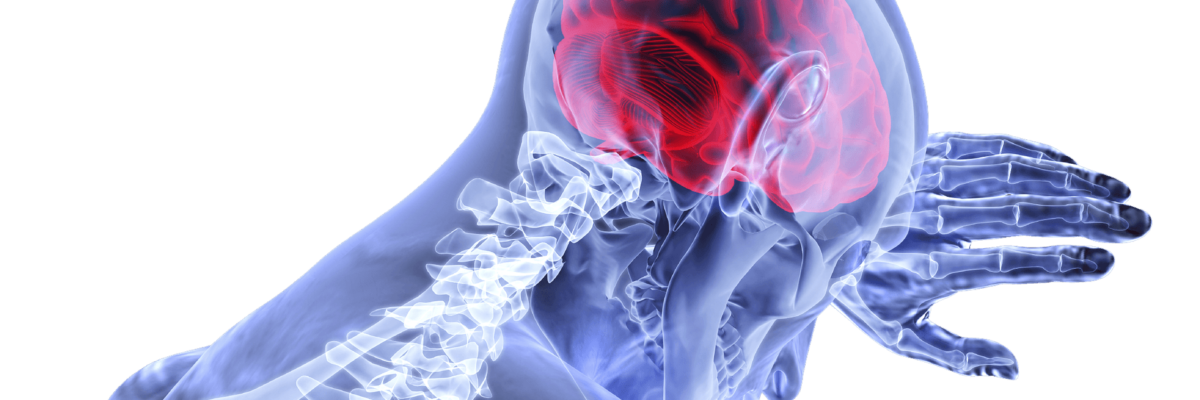I read a fascinating story in the Times: “At 71, She’s Never Felt Pain or Anxiety. Now Scientists Know Why.” The story documents the case of a woman, Jo Cameron, who doesn’t feel pain. She actually burns and cuts herself quite often because of this. Perhaps equally fascinating is that even though she cuts and burns herself frequently, the injuries rarely left scars, and her body heals quickly. Researchers attribute her pain-free existence and quick-healing abilities to a “microdeletion” in part of a gene called FAAH-OUT. (Interestingly, the endocannabinoid system is prominently involved.)
But it doesn’t end there. Ms. Cameron hasn’t felt anxiety, depression, or fear throughout her life. That just floored me. Is there a connection between physical and emotional pain tolerance? Do people who experience less physical pain also experience less emotional trauma? Or am I putting the cart before the horse? Do people who experience less emotional pain also experience less physical pain?
While it may seem like an absolute superpower to go through life pain-free, remember that if pain has a purpose, it’s probably to allow us to react to the danger and prevent further damage. For example, Ms. Cameron needed to have her hip replaced at 65, and because it had not caused her pain, she didn’t notice anything was wrong until it was severely degenerated.
Whatever quick-healing abilities she has, it didn’t seem to prevent osteoarthritis. She also had a hand operation that was due to her osteoarthritis. In fact, it was this hand operation that had her doctor perplexed by her patient’s lack of pain before the surgery and not wanting any painkillers around the operation, and spurred on the case report revealing her genetic mutation. (Related: a paper in preprint showed that a CRISPR experiment in a human cell line appeared to mimic Ms. Cameron’s FAAH-OUT microdeletion.)
Pain is often a warning sign that something is wrong and is one of the top reasons why people go to the doctor. Also, never being fearful can provide benefits, but it’s also possible that one could be in a gravely dangerous situation, and if one doesn’t perceive it as such, it may increase the likelihood of injury and/or death.
This special case also had me wondering about the association between chronic pain and emotional issues. Reportedly, people who have experienced trauma and suffer from PTSD are associated with a higher risk to develop chronic pain. Chronic pain can be defined as “prolonged physical pain that lasts for longer than the natural healing process should allow.” Is there something to chronic emotional pain (e.g., depression, anxiety) that interferes with the physical healing process? Likewise, could chronic physical pain interfere with the emotional healing process?
It looks like I was not alone in how this story prompted more questions than answers, as the Times ran a follow-up on how pain tolerance and anxiety may be connected. Lots of interesting nuggets and many rabbit holes to explore.
– Peter




